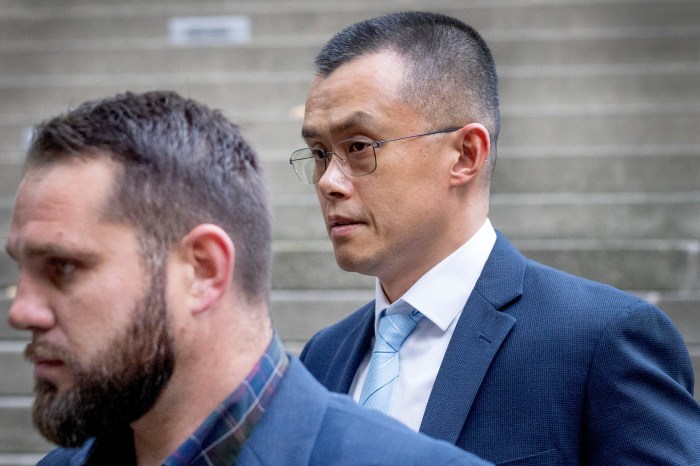In the wake of the Virginia Tech tragedy, nearly all large colleges and universities now have behavioral intervention teams: a half-dozen or more campus staff — including mental health counselors — charged with identifying at-risk students and developing action plans.
This month Routledge will release what is, perhaps, the most thorough examination of these teams: “Ending Campus Violence: New Approaches to Prevention.”
“If there’s an overarching theme I’m trying to get across here, it’s connecting with at-risk students and trying to get them some care, so they don’t spin-off into rampage violence or destructive choices,” says author Brian Van Brunt, from his office at the University of Western Kentucky, where he is the counseling center director.
As the former president of the American College Counseling Association, Van Brunt has overseen hundreds of on-campus mental health cases — and studied hundreds more. In one of the most compelling sections of “Ending Campus Violence,” he culls common themes from these cases into hypothetical scenarios and poses them to experts: from journalists who have covered campus shootings to current campus counselors — and even former FBI agents.
“One of the most common [ways that colleges go wrong] is this ‘zero-tolerance policy,’ which is borrowed from K-12 school systems: this idea that any type of weapon or threat might lead to expulsion,” says Van Brunt. “For me, this is a sledgehammer approach for something that might need a ball-peen hammer: immediately expelling a student without a proper threat assessment or conversations with that student. So we’re seeing a lot of overreaction by the schools, and that can actually be the catalyst that moves that student to a more dangerous set of behaviors.”


















